Your first session recording in a studio: 6 essential tips for success
Nothing can really prepare you for the thrill of recording a piece of music for the first time in the studio… except this!
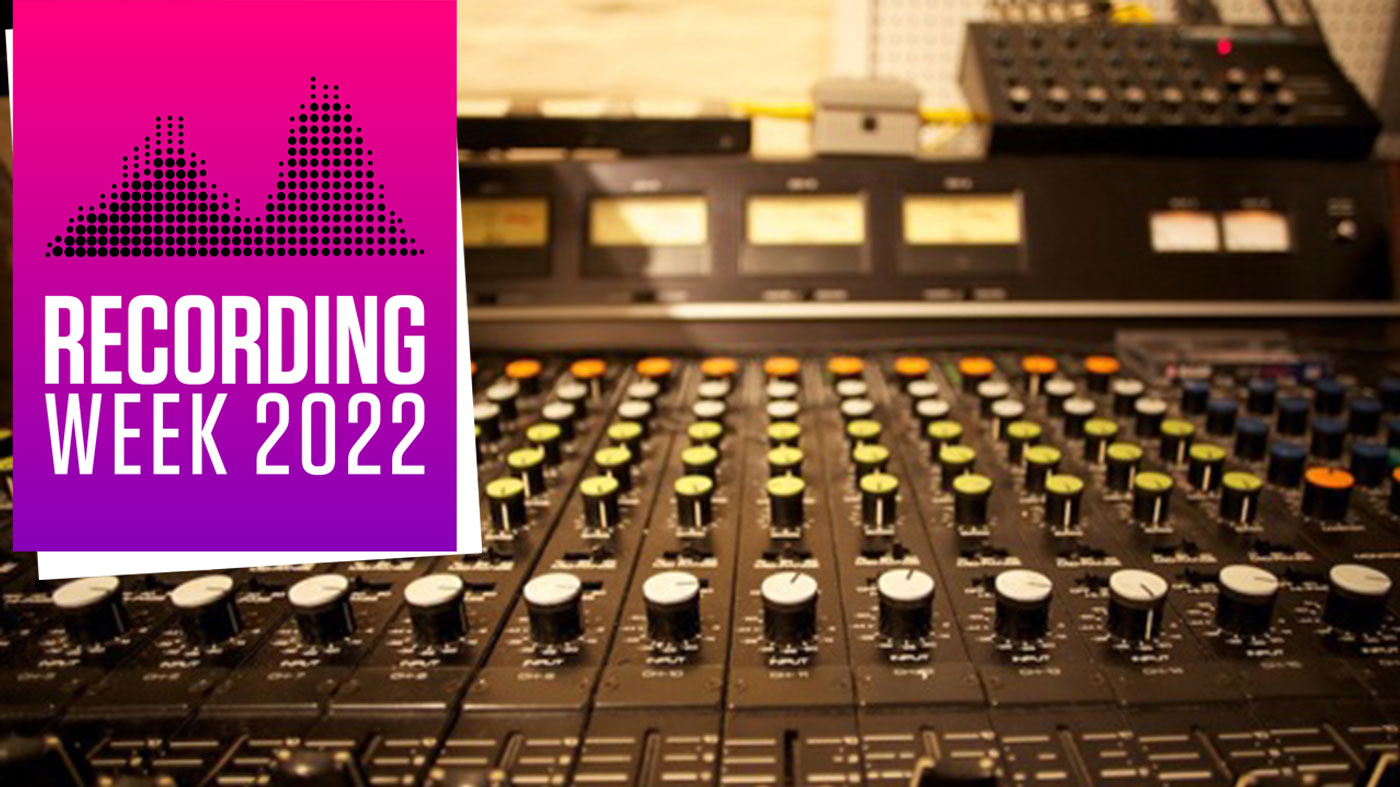
RECORDING WEEK 2022: Preparation is the most easily overlooked but vital part of being a musician – get it right and everything is easier. And with recording studio time being a financial investment for most of us it's vital you use your time efficiently.
You have to remember whatever you record will potentially last a lifetime, unlike a live show which is almost always a single moment in time and very much a one off. Everything counts. So here's how you can ace your studio session time…
1. Learn the music inside out
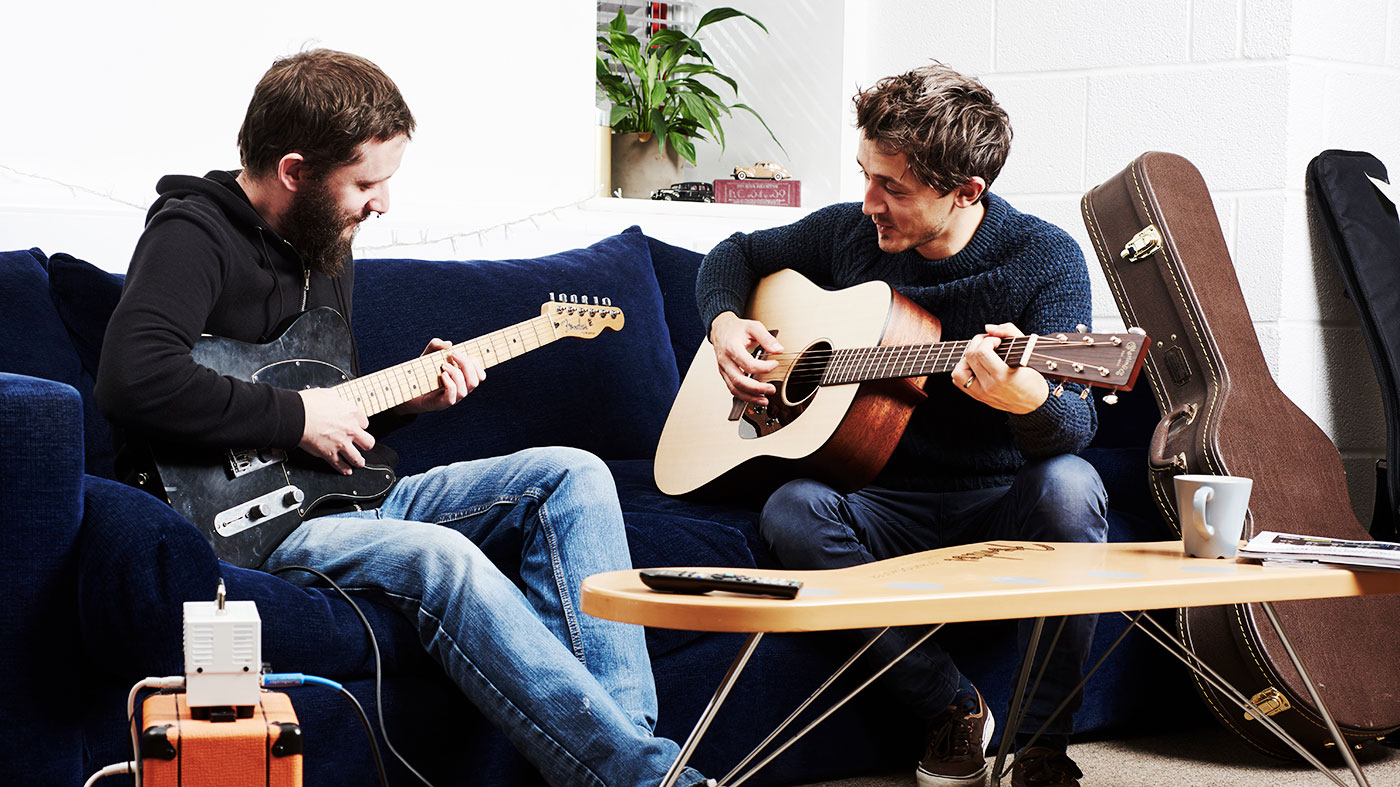
Spend enough time actually listening to the music you are about to record. Try not to make the mistake of jumping straight into playing or singing too quickly. Take the time to work on your individual part and digest the style, genre, feel and overall vibe of the track you want to record.
This will help you to create a part that is right for the song. Serve the song, not the part. It is all too easy to slip into playing or singing too soon, rushing and laying down a part that is just not right for the song.
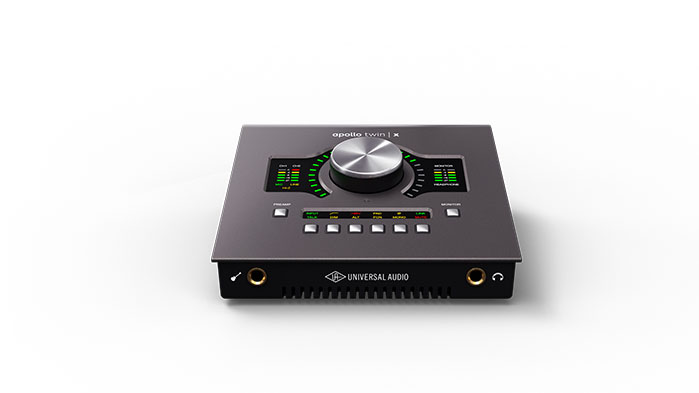
Make charts, map the song, know the arrangement, BUT, be flexible! It's also easy to make the mistake of being too prepared. Rehearsing parts to the point where it was ingrained and memorised.
This would have been perfect if the producer or writer hadn’t changed the arrangement, key, structure and feel of the song on the day of the session. But that's not always the case.
It is so hard to actually change a phrase or part if you have spent hours practicing and memorising it. Try to learn the basic structure of the song, but be able to change and adapt it if necessary on the day.
Get the MusicRadar Newsletter
Want all the hottest music and gear news, reviews, deals, features and more, direct to your inbox? Sign up here.
2. Bring what you will need – and what you might need
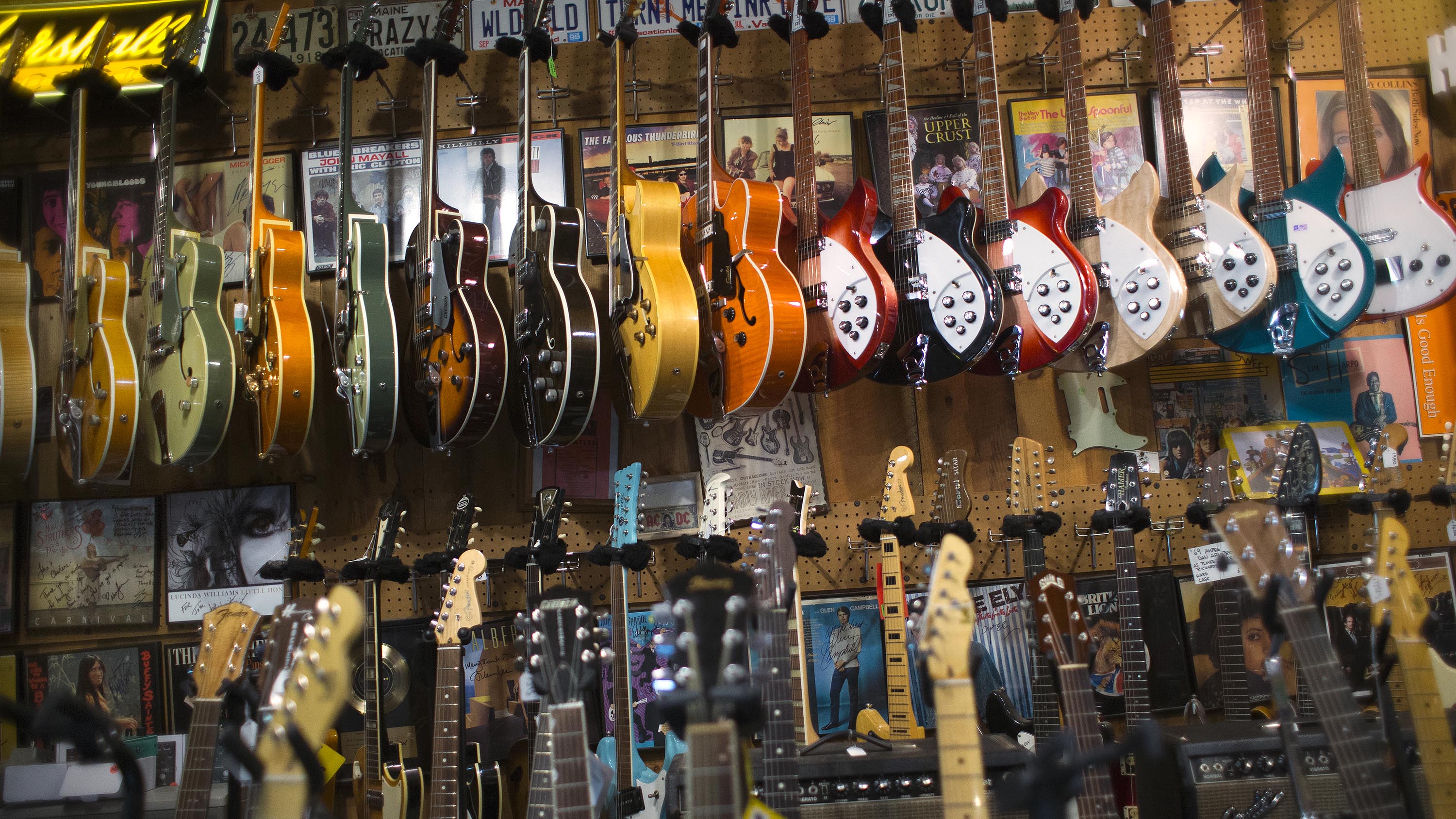
Make sure you have all of your equipment in good working order. It doesn’t matter if you’re a drummer, bass player, guitarist, singer or keyboard player, everything must be working.
Take a selection of microphones if you’re a vocalist and you have access, make sure you have changed drum head skins on your kit, and are using the correct microphones if you’re a drummer. These should be provided by the studio, however, if you are recording at home or have specific microphones to use, make sure you use them and take them to the session.
Guitarists and bass players; change your strings. Remember spares for everything. You don’t want to waste time having to go out and buy spare strings or batteries etc.
It is always good to have a choice too. Different instruments, amps and effects have different sounds. Even if the gear isn't your own and is available to borrow from someone or the studio it could prove useful in the session. Don't rely on what you always use, but adapt and serve the song.
3. Prepare to track
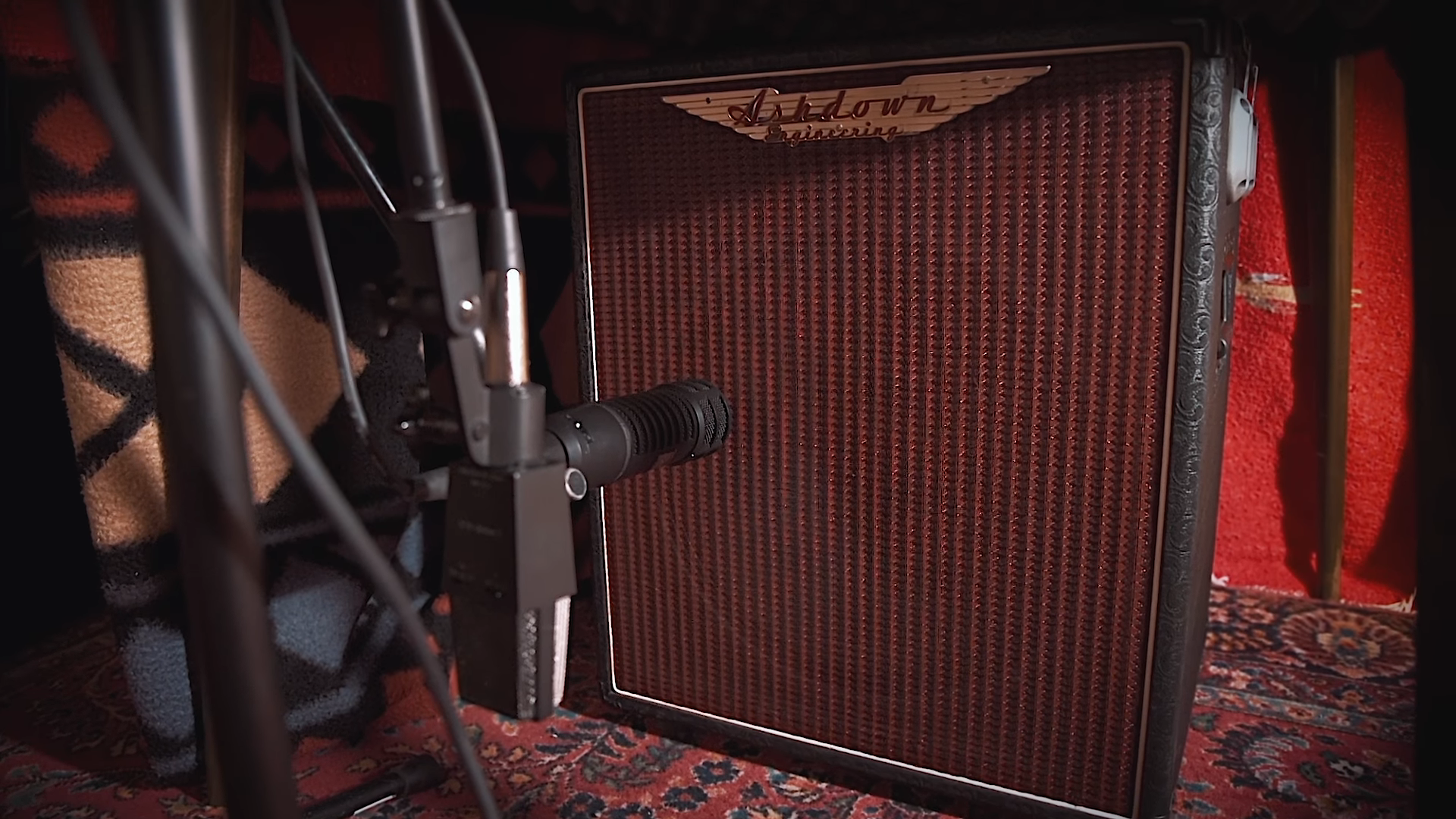
When you arrive at a recording studio, most things are the same. You hopefully will have a producer / sound engineer waiting for you.
In some instances the producer is the songwriter and creator, and this could even be yourself and your own project. Either way, it's good to have an engineer to record your songs. It will give you a second opinion on how you actually sound as well as allowing you to focus on the performance.
You could then spend a large amount of time actually creating a sound with your instrument using various outboard digital effects and processors. Microphone positioning, especially on acoustic drum kits, guitar and bass cabs as it is vital to get the correct sound. This will likely be mixed with your Direct input (DI) on amplifiers straight into the recording console.
4. Focus on your performance
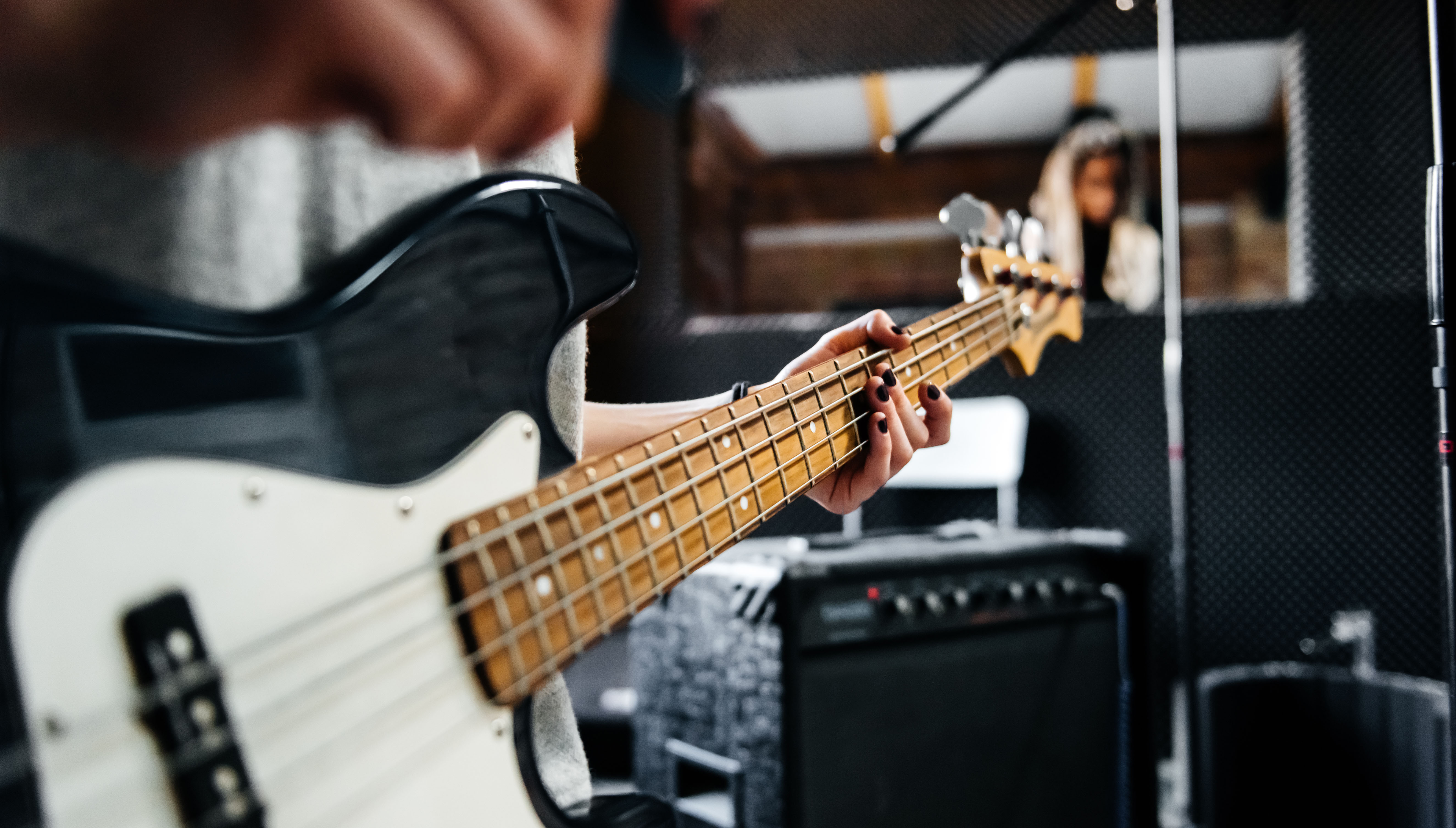
After all of this preparation you are now ready to start recording. Try to rely on your instincts, be natural. Make the most of all of the work you have put into the project up to this point. You will also need to draw upon every ounce of experience and technique, in order to begin to deliver a solid performance as you play and sing.
A good engineer will always keep the first recording take of the session and use at least some of it as it often has the most energy. It's vital you feel comfortable and communicate with the engineer if you need to take a break – it's your performance and you need to be able to deliver it.
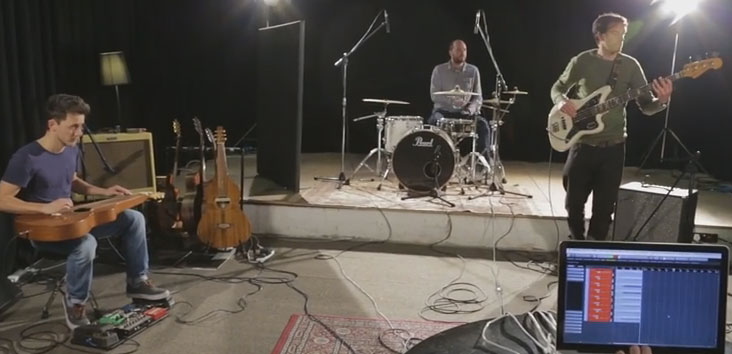
Sometimes you will have the luxury of recording with the rest of the band. This is often the best way to capture the energy of performances. The first instrument to go down is the drums, which is the foundation of the song. We then move onto the bass, guitar, vocals and keyboards.
One of the benefits of recording multiple musicians at the same time, is that everyone can feed off everyone else’s creativity and manipulate ideas to fit the song.
If a musician makes a mistake, it is easy to fix by editing the part or re-recording that instrument in isolation.
5. Try to work to a guide vocal
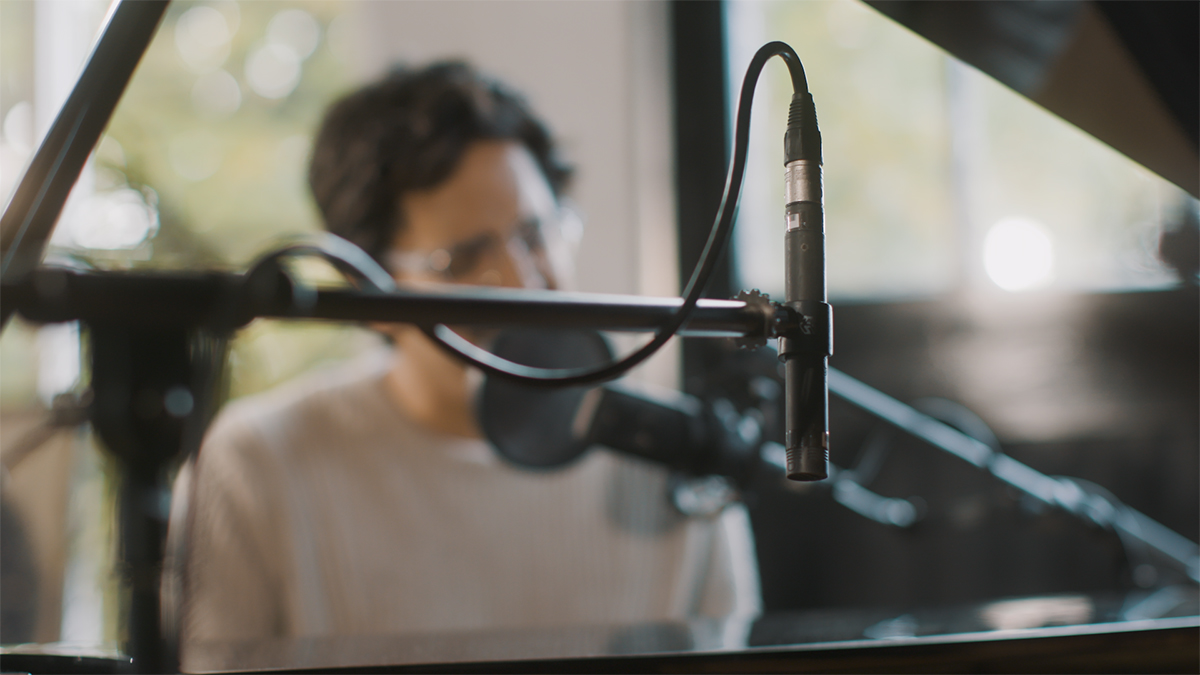
It helps to have a guide vocal when you are recording your part. You can then record an appropriate part to fit the song and lyrics, rather than playing or singing along to an instrumental backing track, which can sometimes turn out very clinical and cold, lacking emotion and feel.
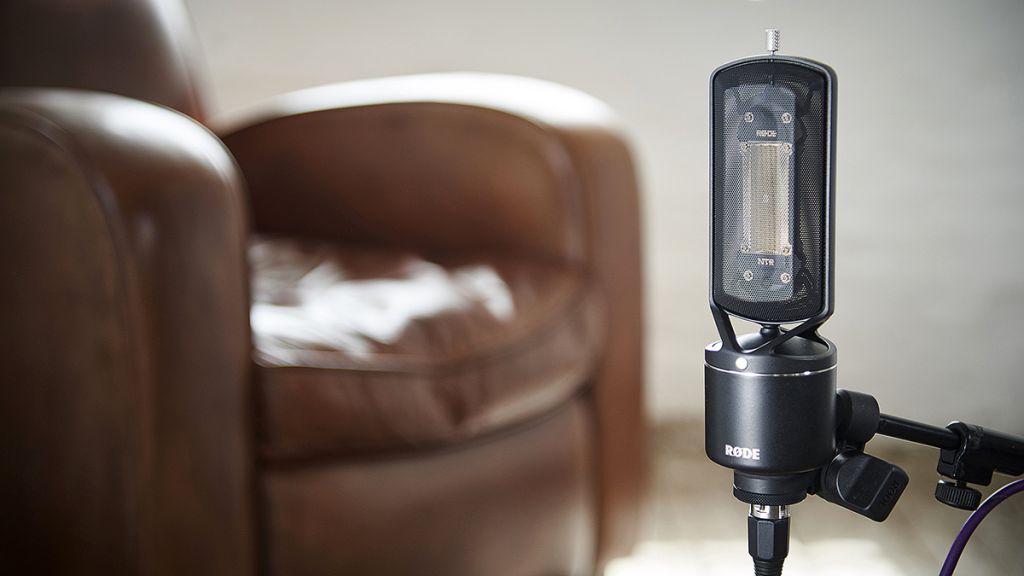
You would then start double tracking vocals. This provides depth and multiple harmonies to the song if needed. After this, would be doubling up tracks, adding strings, percussion and samples, basically adding the finishing touches, essentially mixing down each part and instrument for the final edit.
6. Enjoy it!

Finally, try to enjoy the whole experience. Relax and breathe. Recording is like most things, the more you do it, the better you become at it. If you have the equipment, try to record yourself at home, begin to practice the fundamentals.
The most important of all of these is timing. Try practicing to a click or metronome. Your time and meter have to be spot on in order to record any song effectively and get the result you are looking for. Your preparation work really will pay off.
"A classic compressor for free on Valentine's Day – it must be love!": Universal Audio is giving away an 1176 plugin as a Valentine's gift - here's how to get it and use it
“A magical part is this sidechain with the bass”: Lady Gaga breaks down Disease in new studio video
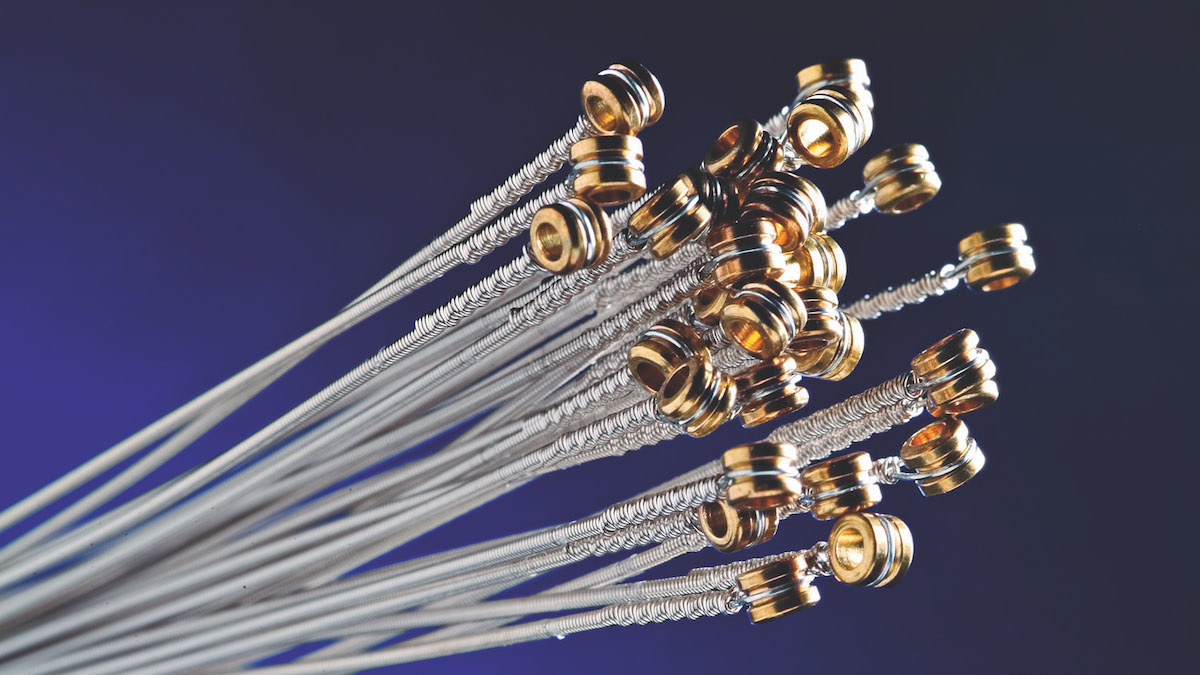



![PRS Archon Classic and Mark Tremonti MT 15 v2: the newly redesigned tube amps offer a host of new features and tones, with the Alter Bridge guitarist's new lunchbox head [right] featuring the Overdrive channel from his MT 100 head, and there's a half-power switch, too.](https://cdn.mos.cms.futurecdn.net/FD37q5pRLCQDhCpT8y94Zi.jpg)





